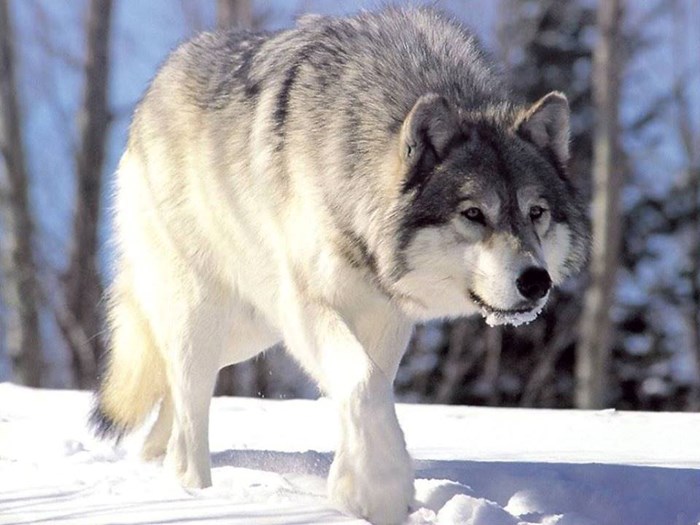When it comes species interact with others.
So when a project was undertaken to study the woodland caribou in the boreal first of Northern Saskatchewan, questions about the impact of wolves some came up.
But there wasn’t much data on wolves in Northern Saskatchewan either.
That led to the launching of the Saskatchewan Boreal Wolf Project said Tom Perry with the University of Saskatchewan.
“To be able to understand how caribou populations are doing we have to look at the wolf,” he said during a presentation at the Saskatchewan Wildlife Federation Convention held in Yorkton last week.
Perry said in other jurisdictions such as Alberta it is suggested there is “a need to manage wolves in order to protect caribou in Northern Alberta.”
In Saskatchewan the new project had wolves tracked by helicopter, netted and collared.
Thirty-eight unique individuals were collared from 20-unique wolf packs.
However, collecting data has not been that easy.
“Wolves are good at getting collars off,” said Perry, adding as a result only five wolves are still active, the rest have lost the collars, or perished.
And wolves do die in the north.
“Wolves in Northern Saskatchewan have a pretty tough life,” said Perry.
In terms of packs, some are large with more than nine individuals counted, but “the average pack is four or five,” explained Perry.
And with the differing pack sizes, “there are really huge range sizes,” he said, adding the early data does suggest wolves rarely cross established boundaries. “They really maintain hard borders between packs.”
As for the prey for wolves, that is part of what the project hopes to determine.
Perry said in Yellowstone it has been shown packs will evolve to focus on specific prey, some only taking bison.
In Minnesota there are packs with moose hunters, and others taking deer, within a pack.
It shows wolves are adaptable as hunters, said Perry.
To get a better understanding of what Saskatchewan wolves eat the project is using stable isotope technology.
“You are what you eat,” he said, adding by studying hair samples, and the meat of harvested wolves, what they have fed on can be determined.
Perry encouraged those at the SWF Convention to help supply such samples, adding if a few strands of rump fur, and meat are frozen he will arrange pick-up for testing. You can contact via Facebook by searching Saskatchewan Boreal Wolf Project.

